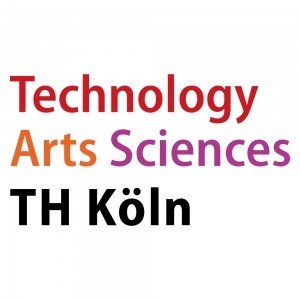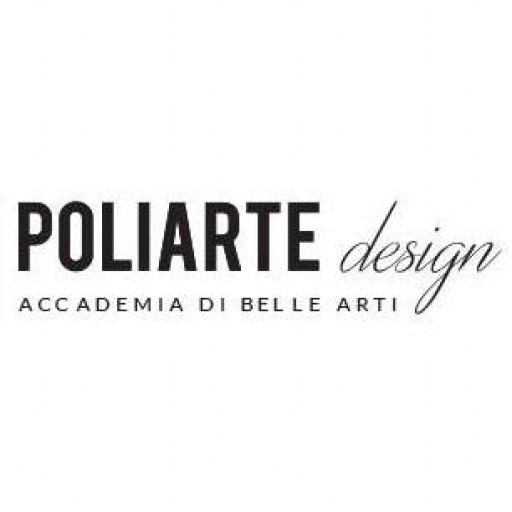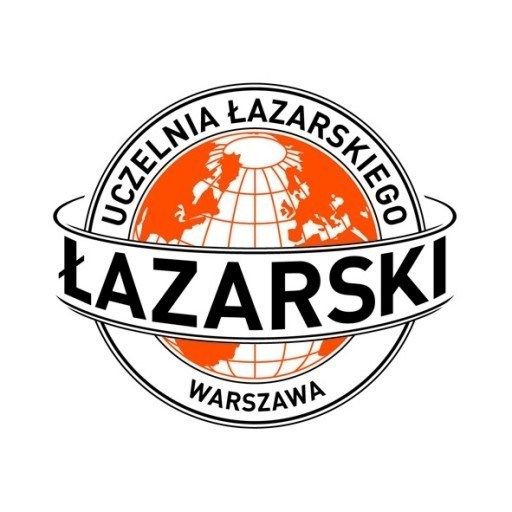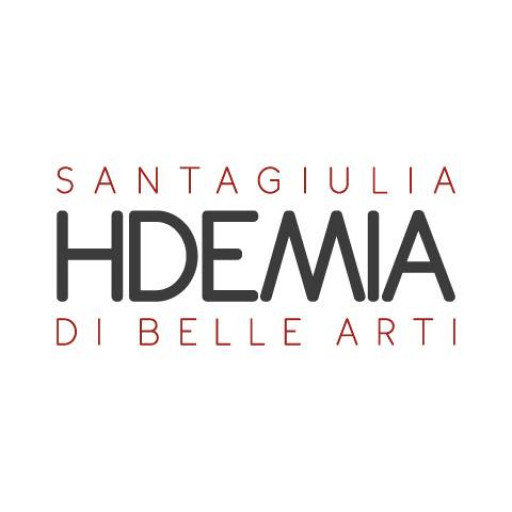Photos of university / #th_koeln
The term "web" nowadays refers to the interconnection of people, services and systems (e.g.: technical, economical, social, cultural). "Web Science" deals with phenomena in and of the web and utilises knowledge, concepts and methods from corresponding disciplines and perspectives (informatics, economics, business administration, law, design, social sciences etc.). Therefore, the course of studies in Web Science comprises all these perspectives.
The term "Web Science" was coined by Tim Berners Lee at the beginning of this millennium. It refers to the necessity for a paradigm change from "computer science" to a more interdisciplinary approach, focusing on the possibilities of the "web" as the interconnection of people, services, and systems.
Web Scientists manage web projects and are capable of embracing a holistic, out-of-the-box perspective on web phenomena.
Graduates of this programme will work in a range of companies, scientific or public institutions and manage projects that are concerned with the web.
General structure of the programme:
The Master's programme is designed as a part-time programme parallel to professional employment and makes extensive use of modern e-learning approaches such as online lectures and seminars as well as computer-mediated communication and collaboration.
The term "Web Science" was coined by Tim Berners Lee at the beginning of this millennium. It refers to the necessity for a paradigm change from "computer science" to a more interdisciplinary approach, focusing on the possibilities of the "web" as the interconnection of people, services, and systems.
Web Scientists manage web projects and are capable of embracing a holistic, out-of-the-box perspective on web phenomena.
Graduates of this programme will work in a range of companies, scientific or public institutions and manage projects that are concerned with the web.
General structure of the programme:
The Master's programme is designed as a part-time programme parallel to professional employment and makes extensive use of modern e-learning approaches such as online lectures and seminars as well as computer-mediated communication and collaboration.
Educational organisation
The Master's programme is designed as a part-time programme parallel to professional employment and makes extensive use of modern e-learning approaches such as online lectures and seminars as well as computer-mediated communication and collaboration.The programme has a duration of five semesters which comprise the following modules:
- Foundations and Principles I (Web Elements)
- Foundations and Principles II (Strategy, Business & Ethics)
- Web Trust & Security
- Decision & Management
- Web & Cooperation
- Web & Society
- Design
- Web Project Development
- Master's thesis
Choose your own focus on Web Science!
All the above-mentioned labels (e.g Web Elements) are modules. From the first to the fourth semester, all modules consist of a number of required and several optional courses. Choose the optional courses you are most interested in and through this define your own focus on Web Science.
The curriculum puts great emphasis on project management skills by offering projects in nearly every phase of the programme as well as on scientific and communication skills through seminar-based work.
For the most part, courses are held as online lectures, online seminars, and online project work. Students will participate in online sessions on approx. two evenings per week during each semester. At the beginning and end of each semester, students will convene for an on-site weekend in Cologne. This will be typically in the middle of March and in the beginning of October. The online sessions in the evening will last from 7pm until 10pm (CET). The on-site events are planned to last from Friday noon until Sunday afternoon.
Get your MSc!
In the fifth semester, you work on your Master's thesis, which completes your studies, and you graduate with a Master of Science degree.
The Environment for Online Studies
The online sessions are based on a specifically customised instance of the online collaboration tool Adobe Connect Pro. This tool allows for online lectures as well as for group work in breakout rooms. For communication and cooperation outside the sessions, a wiki is employed.
The Environment for On-site Activities in Cologne
The on-site workshops take place in the buildings of TH Köln in Cologne. Transport to and from Cologne should be organised by the student. Cologne-Bonn Airport offers excellent low-cost connections to many places in Europe and can be reached in around 20 minutes by train from the city. Cologne train station in the centre of the town provides access to high-speed train connections to many cities in northern Europe.
Prerequisites for Studying Online
In order to participate in the online sessions, students are required to use a computer with adequate resources. You may want to test whether your environment meets the technical requirements on the Adobe site.
In any case, a camera and a USB-connected headset are required.
In addition to meeting technical requirements, it is necessary for students to have a room available where they can participate in the online sessions without being distracted.
Study abroad unit(s)
NoneForms of assessment
The form of assessments are written examinations as well as project presentations or seminar papers.Course objectives
The general goal of the programme is to enable students to lead web projects. This leadership requires, among other things, that students be able to identify and discover different perspectives of web projects, like e.g. the economics, the design and the informatics perspective, and to deliver competent judgements about these perspectives.The specific goals are twofold. Firstly, knowledge and problem-solving capabilities will be conveyed in areas such as economics and management, design, informatics, law, and social issues. In each of these areas, the interference of the domain concepts with the web is stressed.
Secondly and with equal importance, scientific and professional competencies receive a strong emphasis. Analytical and constructive competencies: since most of the problems Web Scientists deal with are ill-defined, participants elaborate their capabilities in analytical thinking and the synthesis and construction of sound solutions. Divergent and convergent thinking and the ability to act in the formal worlds of technical systems as well as the often inconsistent world of different stakeholders is necessary. Participants enhance their capabilities in analysis, problem exploration, development of trade-offs and problem solution.
Communication competencies: participants are able to deal with the different jargons of different stakeholders, to address their concerns appropriately and to present solutions in professional contexts.
Cultural and ethical competencies: participants show the ability to excogitate their own value system and that of others, to make it accessible to others and to act according to ethically appropriate value systems.
For detailed descriptions of the learning outcomes of this programme, please see the module descriptions at: http://www.webscience.th-koeln.de/smwiki/index.php/Main_Page
Language requirements
Proficiency in English is expected.Academic requirements
For admission to the Master's programme "Web Science" (MSc), applicants are required to have successfully completed Bachelor's studies in one of the following fields: computer science, business administration, design, law, psychology or social science. For graduates in fields other than computer science, the programme board will decide on admission.In addition, applicants must attest to their professional employment in the web domain of at least one year's duration after graduation (Bachelor's degree).
Want to improve your English level for admission?
Prepare for the program requirements with English Online by the British Council.
- ✔️ Flexible study schedule
- ✔️ Experienced teachers
- ✔️ Certificate upon completion
📘 Recommended for students with an IELTS level of 6.0 or below.
Enrolment fees
The fee of about 250 EUR per semester includes a semester ticket covering public transport in the state of North Rhine-Westphalia.Costs of living
The costs of living for your stay largely depend on your personal needs. When planning your stay, you should calculate monthly costs of approximately 700-800 EUR.Job opportunities
Taking on a part-time job while studying has lots of benefits. Students can make some extra money, gain valuable professional experience, and might take a first step up on the career ladder.Whether and how long you are allowed to work during semester breaks is determined by your immigration office. The provisions applying to your specific case will be stated in your residence permit. To find out about these provisions, we recommend you make an inquiry at the immigration office during your first visit. International students from countries that are not member states of the EU, the EEA, or Switzerland are normally permitted to work 120 full or 240 half days per year if they are in possession of a valid residence permit for Germany.
TH Köln can assist you in finding a job that suits your profile and interests. Our Career Service and our Nebenjobservice (Part-Time Job Service) offer comprehensive counselling and specific information events on all aspects related to part-time jobs.
Please be aware that the level of your German language skills will strongly affect your chances of finding a part-time job, as German is the language of communication in Germany.
Funding opportunities within the university
TH Köln as well as other institutions offer different scholarships for international students such as the Deutschlandstipendium scholarship. Recipients receive approx. 300 EUR per month.https://www.th-koeln.de/en/international_office/deutschland-stipendium-scholarship---information-for-students_9164.php
Services and support for international students
TH Köln - University of Applied Sciences - follows the National Code of Conduct on Foreign Students at German Universities established by the German Rectors' Conference (HRK).The International Office provides advice and support for international students on all aspects related to studying at TH Köln. The International Office accompanies your stay at our university with a variety of programmes and events and invites you to become a part of our international community (e.g., mentoring programmes for new first semester students, TH Köln Buddy programme KARIBU, or Language Partnership programme).
Every semester, the International Office organises a semester programme including exciting cultural events to connect German and international students as well as activities to jointly discover different aspects of Cologne (e.g., a guided tour of Cologne, trips to museums and theatres, or a semester trip to the German capital Berlin).
Accommodation
Boasting a population of slightly more than one million, Cologne is Germany's fourth-largest metropolis - a highly attractive one on top of that. The increasing influx of people can make the search for adequate accommodation quite difficult. Dozens of apartment hunters often compete for a single apartment. That is why the International Office strongly recommends that you start looking for a place to live as soon as possible.The fierce competition on the housing market has resulted in above-market rents - particularly in proximity of the city centre. We therefore encourage you to be flexible: try to look for apartments outside the centre, as you will encounter less competition and lower rents.
Student dormitories
Cologne's most convenient and economical housing option is often a student dormitory. Kölner Studierendenwerk operates 86 student dorms offering roughly 4,700 rooms. Please be aware that TH Köln does not allocate the rooms in these dorms. In order to be allocated a room, please apply online on the website of Kölner Studentenwerk by clicking on "online-application". See: http://www.kstw.de/index.php?option=com_content&view=article&id=315&Itemid=11&lang=en.
The seemingly large number of dorm rooms is misleading; as the dormitories are open to the roughly 80,000 students enrolled at all Cologne universities, they are in extremely high demand. Make sure to apply for a dorm room at Kölner Studierendenwerk as early as possible.







